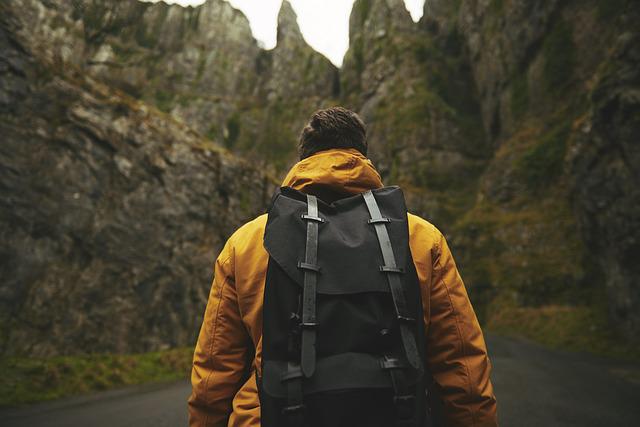With two months left until New Zealand opens its borders to the world in on July 31, Kiwis have a window of opportunity to book a once-in-a-lifetime winter holiday on the West Coast.
A two-year break from international tourism has given the region an opportunity to reset their approach to sustainability and conservation which has left the Coast more beautiful and well preserved than ever.
“The West Coast has never been set up better for tourism, and now is the perfect time for Kiwis to take New Zealand’s ultimate untamed road trip before our boarders open fully at the end of July”, says destination and tourism manager at Development West Coast Patrick Dault.
While it is world renowned as a UNESCO World Heritage Site for its stunning landscapes and glaciers, visitors will find a bit of everything on the West Coast, whether they’re looking to explore the great outdoors, spend a few days relaxing, satisfy adrenaline cravings, or experience the unique coast culture where everyone feels like a local.
“The West Coast has unheralded, and still to be discovered, ‘blue dome’ winters,” says capability and growth advisor for the glacier country at DWC Ian Johnson.
“Temperate, crisp, clear days with the most accessible and best-groomed access to our untamed, natural, wildernesses thanks to the Department of Conservation’s ‘Jobs for Nature’ project. The other thing that always surprises is the number of quality activities available – there is so much to do, or not if you prefer.”
Base manager and tandem master at Skydive Franz Josef and Fox Glacier Robert Stewart says although their business has been hit hard with customer numbers down 94 per cent from pre-pandemic times, the quietness of the past two years has given them a chance to get hands-on with conservation and sustainability efforts throughout the region.
“Sustainability has truly become a passion of everyone’s here on the Coast. At Skydive Franz Josef, we will always be reliant on the exceptionally beautiful scenery that makes the experience we offer so incredible. This period of isolation from the world has allowed us to develop a deep sense of both appreciation and responsibility for the region which we love sharing with our customers.”
Businesses have also adapted to new ways of operating and welcoming domestic travellers. Robert and his team are working closely with local accommodation providers and other activities such as kayaking and spas to offer multi-day packages to Kiwis. “It’s been a real collaboration, and we will continue to offer these deals until we are back at full capacity after international tourism resumes.”
As well as the great outdoors, the West Coast of New Zealand carries a strong connection to culture and history as the home of pounamu. Te Koha (gift) Carving Studio, which operates out of a home studio between the mountains of Franz Josef, offers a way to connect to the local Māori culture through a pounamu carving experience. The truly unique two-hour session teaches visitors about the history and culture of pounamu through carving their very own koha to take home with them as a souvenir.
Jannene Goodall, owner of Te Koha, says that since the border closures, they have had to adapt their approach to reach the domestic tourism market through social media and digital marketing. “We’ve learned so much and even set up a brand-new website which has led to domestic travellers contacting us, rather than us promoting our business through word-of-mouth. We’re really excited to be hosting more Kiwis and soon international tourists again.
“It’s been an absolute pleasure to see so many Kiwis coming down to support the West Coast over the past two years. With overseas travel having been off the cards, we’ve welcomed many domestic tourists who have been awe-struck by the beauty of the corner of New Zealand they’d never thought to visit before. They say they don’t know why they didn’t do it sooner!”
With Queen’s Birthday and Matariki coming up, it is the perfect time to take an extra couple of days leave and maximise the long weekends with a trip down to the West Coast.
“While it has been an incredibly tough couple of years, the silver lining to the COVID-19 border closures is that nature has had a chance to recover, and more Kiwis have taken up the opportunity to see the best of their own backyard.”
DWC and many local businesses including a variety of tourism operators have quietly been putting a lot of work into the region. Through Jobs for Nature, an initiative by the Department of Conservation, the region has been expertly managed, tracks have been renewed and well kept, facilities have been upgraded and businesses have adapted to a new and sustainable ways of operating.
“A two-year break from international tourism has given us the opportunity to stop, reflect, and reset how we do things with a new focus on sustainability. We have learned from mistakes and have made sure that all our tourism practices will preserve the beauty of the West Coast for generations to come,” says Patrick.



